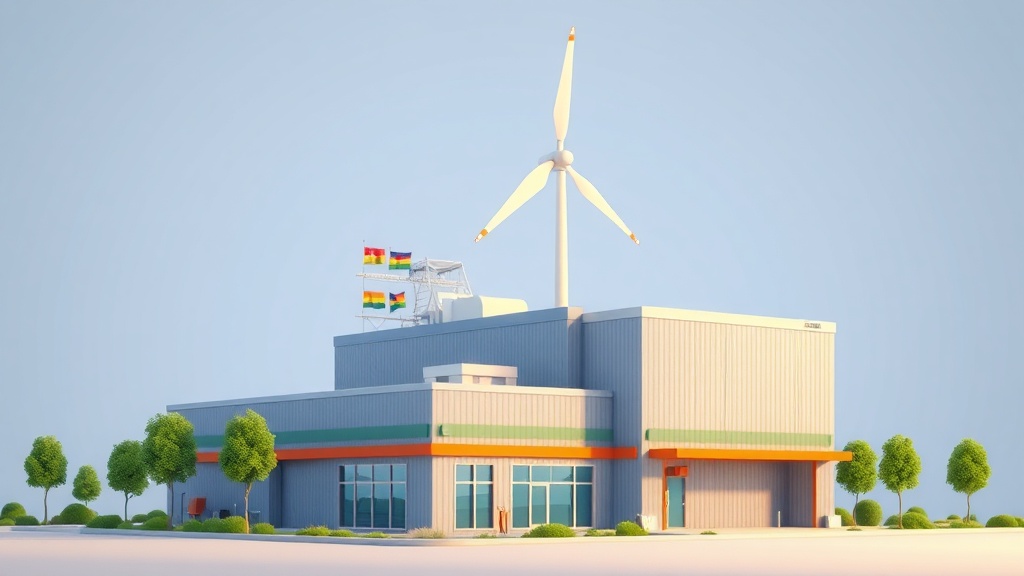Home / Environment / Coca-Cola Facility in Ireland Transitions to Renewable Biomethane Energy
Coca-Cola Facility in Ireland Transitions to Renewable Biomethane Energy
25 Oct
Summary
- Coca-Cola HBC's Lisburn, Northern Ireland facility shifting to biomethane
- Facility handles over 52 million cases of beverages annually
- Transition to biomethane expected to cover 25% of facility's operations by year-end

As of October 25th, 2025, Coca-Cola HBC, the world's third-largest Coca-Cola bottling partner, is making a significant shift towards renewable energy at its Lisburn, Northern Ireland facility. The Lisburn plant, which is the largest Coca-Cola HBC operating plant on the entire island of Ireland, handles over 52 million cases of beverages annually, including popular brands like Coca-Cola, Fanta, and Monster.
To reduce its environmental impact and support Ireland's transition to a more sustainable future, Coca-Cola HBC is transitioning the Lisburn facility to biomethane, a renewable energy source derived from organic matter like manure. By the end of this year, the company expects to have at least 25% of the facility's operations powered by this carbon-neutral gas. This move aligns with Coca-Cola HBC's broader "Net Zero By 40" mission, which aims to lower global carbon pollution levels while bolstering Ireland's energy independence.
Biomethane is an opportunistic renewable energy source for Ireland, as more than half of the country's land is used for agriculture, providing a steady supply of organic waste that can be converted into this clean fuel. The transition to biomethane not only reduces the facility's carbon footprint but also helps create a circular economy by diverting organic waste from landfills and waterways, improving environmental challenges such as nutrient runoff.




